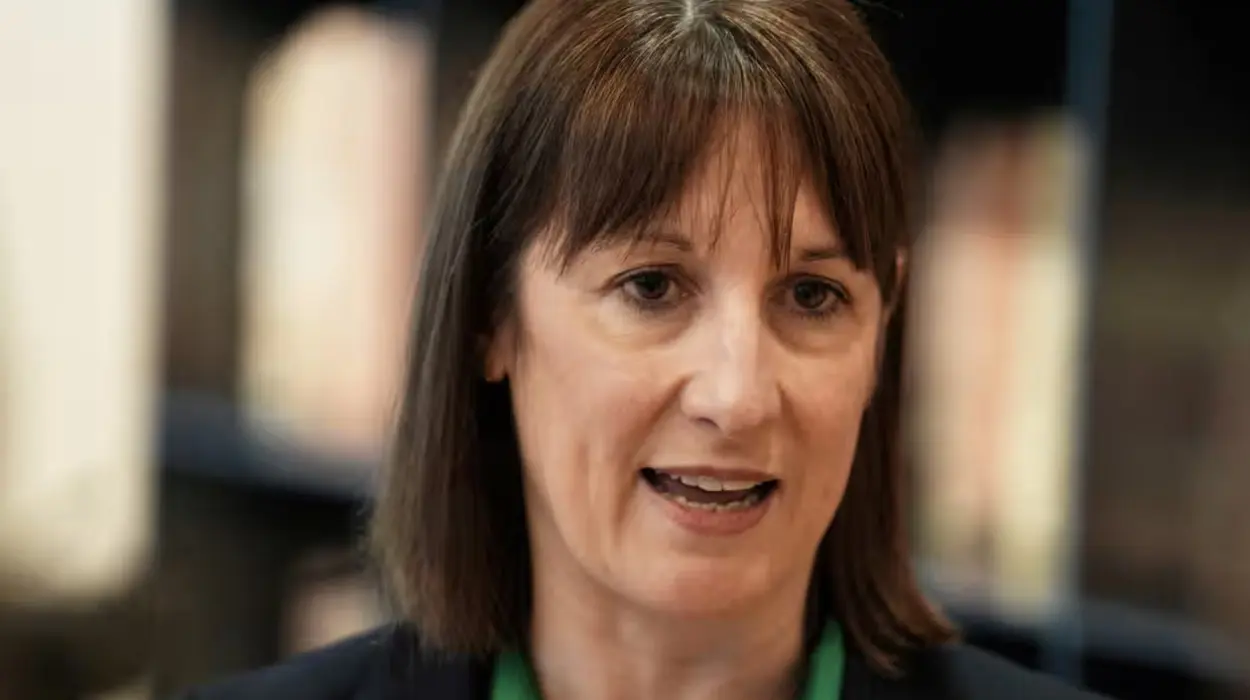UK (Parliament Politics Magazine) – UK borrowing rose to £10.7bn in February, surpassing forecasts and posing a challenge for Chancellor Rachel Reeves ahead of her spring statement.
Britain’s borrowing reached £10.7bn in February, exceeding expectations and adding pressure on the Chancellor before her upcoming spending review.
Office for National Statistics report about UK borrowing
As reported by The Guardian, the Office for National Statistics stated that UK borrowing in February mirrored last year’s figures.
However, total borrowing for the financial year has increased by nearly £15bn, highlighting ongoing fiscal pressures.
New budget projections from the OBR, set to be released with the statement, indicate that Rachel Reeves‘ self-imposed fiscal rules may be at risk unless corrective measures are taken.
What did Darren Jones say about government fiscal policy?
Darren Jones, the chief secretary to the Treasury, called for a robust pace of reform, stating,
“We must go further and faster to create an agile and productive state that works for people.”
He stated,
“At the core of this urgent mission is sound public finances, based on our non-negotiable fiscal rules. This government will never play fast and loose with the public finances.”
Rachel Reeve’s spending cuts in the spring statement
Rachel Reeves plans to reveal the largest spending cuts since the austerity era in her upcoming spring statement. With tax hikes off the table, her approach to managing the budget deficit could reshape government finances.
She will announce next Wednesday deeper-than-expected cuts to Whitehall budgets. Some departments may face reductions of up to 7% over the next four years.
What did Whitehall sources say about government spending cuts?
One Whitehall source stated,
“The government has been clear that departments will have to find more efficiencies. That is why Wes Streeting [the health secretary] has cut NHS England, that is why Liz Kendall [the work and pensions secretary] has made reductions to welfare payments.”
Another insider said,
“I don’t know how much longer we can go on pretending this is not austerity, when the reality is we’re making cuts to vital public services such as police and prisons.”
What did economists reveal about the impact of spending cuts?
Labour’s decision to slash £5bn in benefit payments could weaken key public services. Economists raise concerns that it will contradict pledges to reverse years of decline under the Tories. The reductions, including £5bn in welfare cuts, mainly impact disability benefits, fueling fears of financial struggle.
A new report by the Resolution Foundation think tank has revealed that some disabled individuals could lose around £10,000 in benefits by the end of the decade due to the reforms announced.
What did Ben Zaranko say about government spending cuts?
Ben Zaranko from the Institute for Fiscal Studies (IFS), stated,
“The government will be hoping that the short-term cash injection provided last year, and efficiency improvements as public services continue to recover from the pandemic, will be enough to deliver service improvements even if money is tight.”
He added,
“But we’re in a very different world to 2010 and, even though the pace of cuts would be substantially slower than in the peak austerity years, it would still represent the steepest cuts since 2019.”


